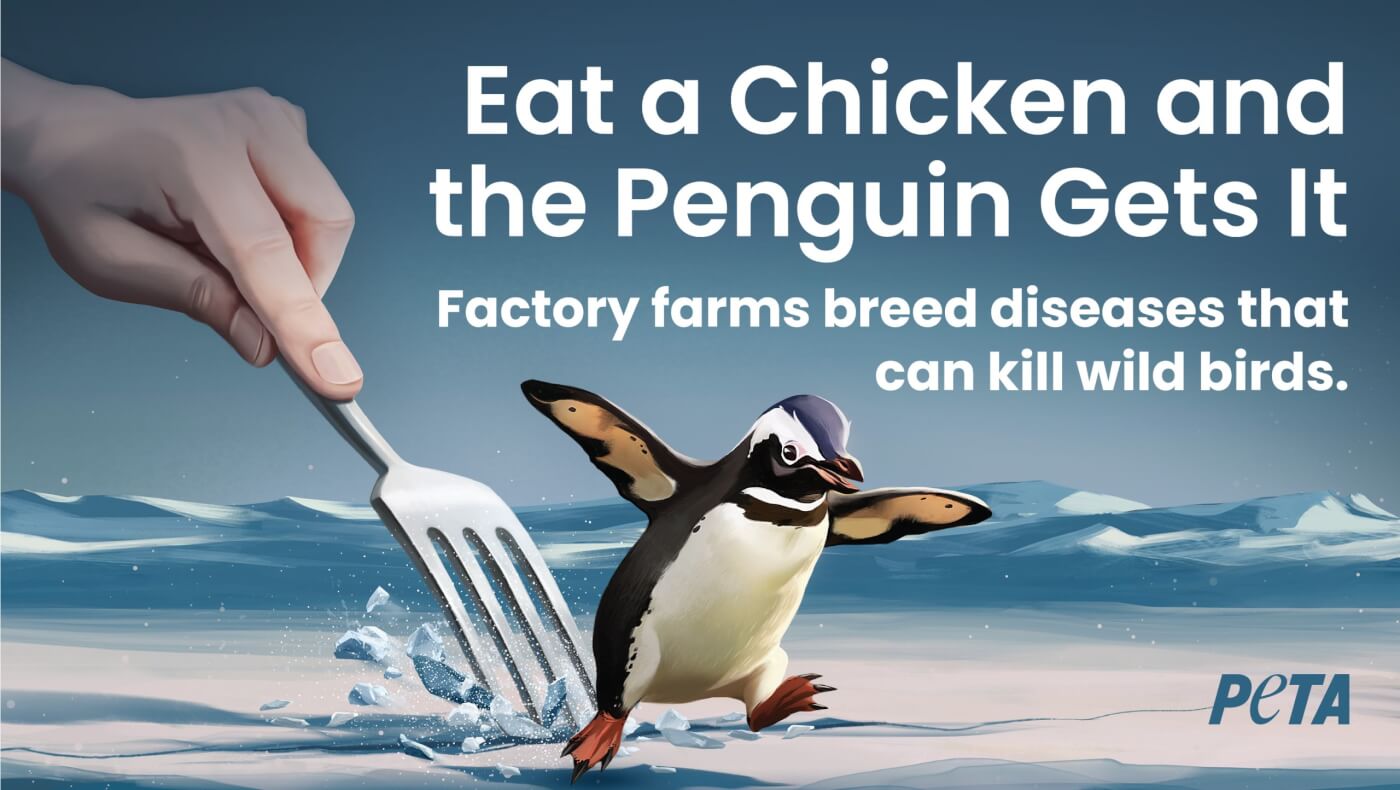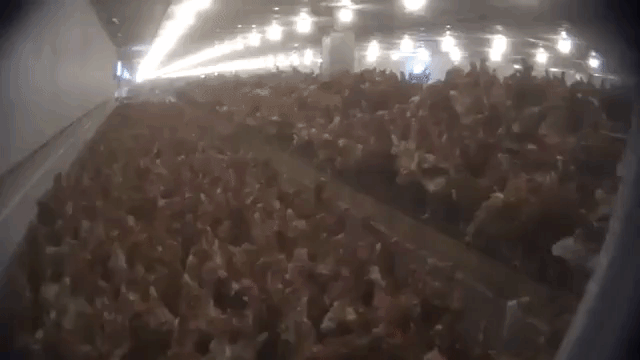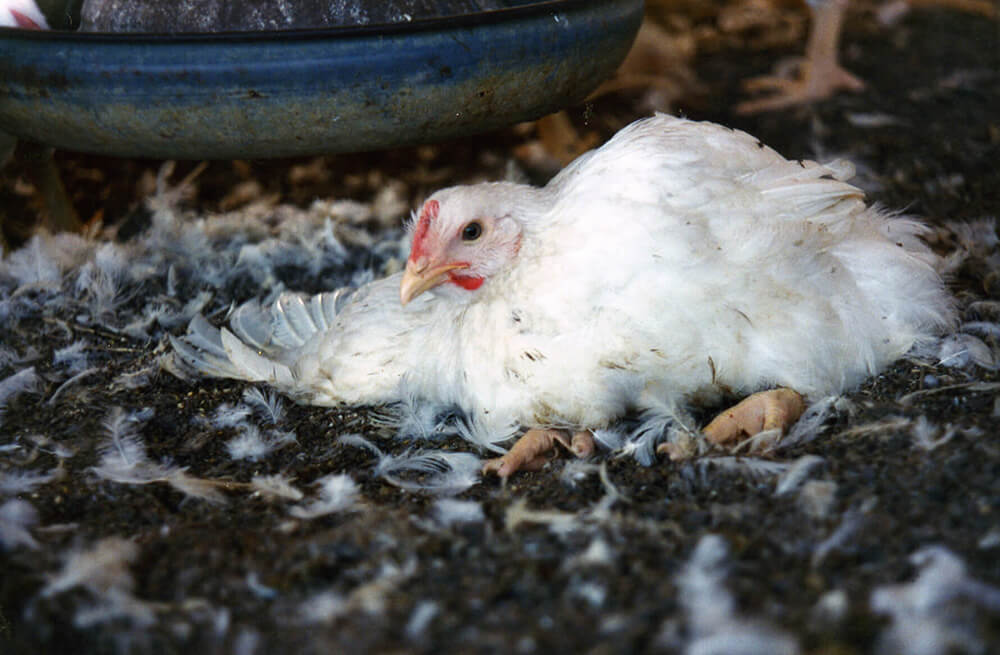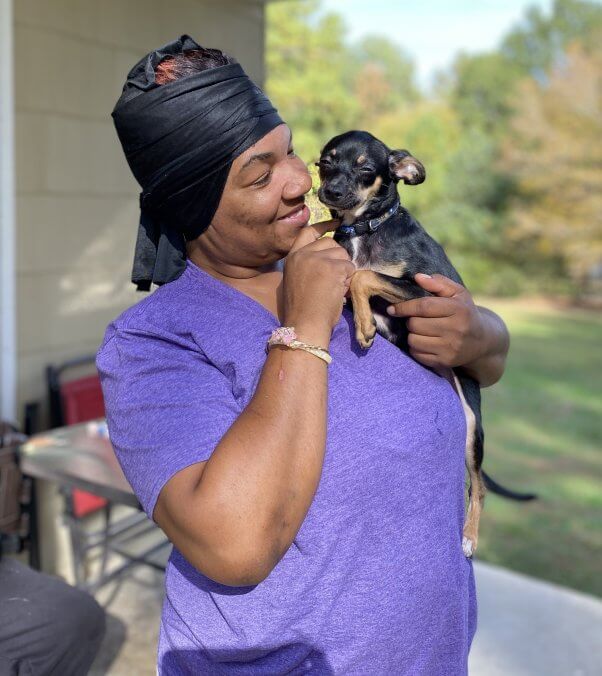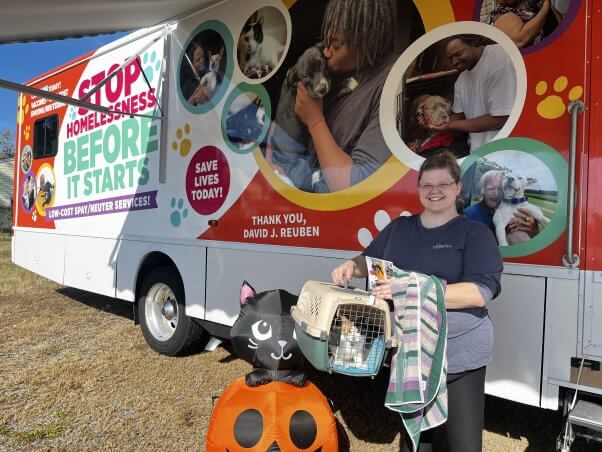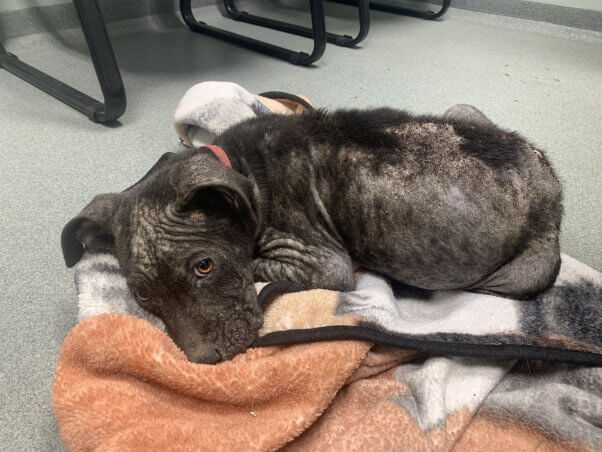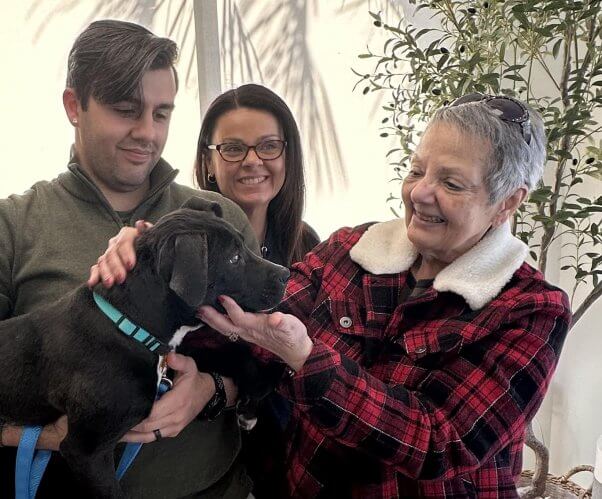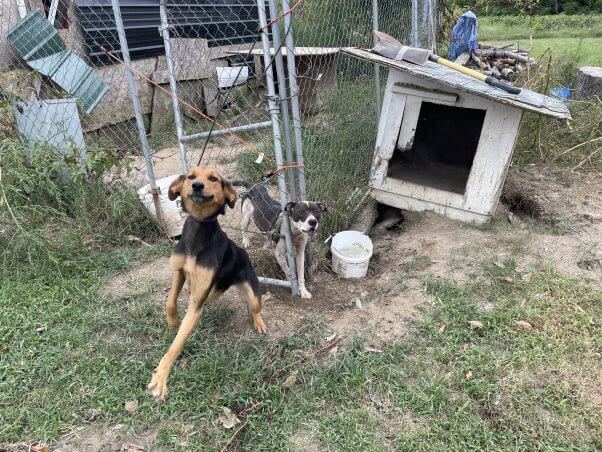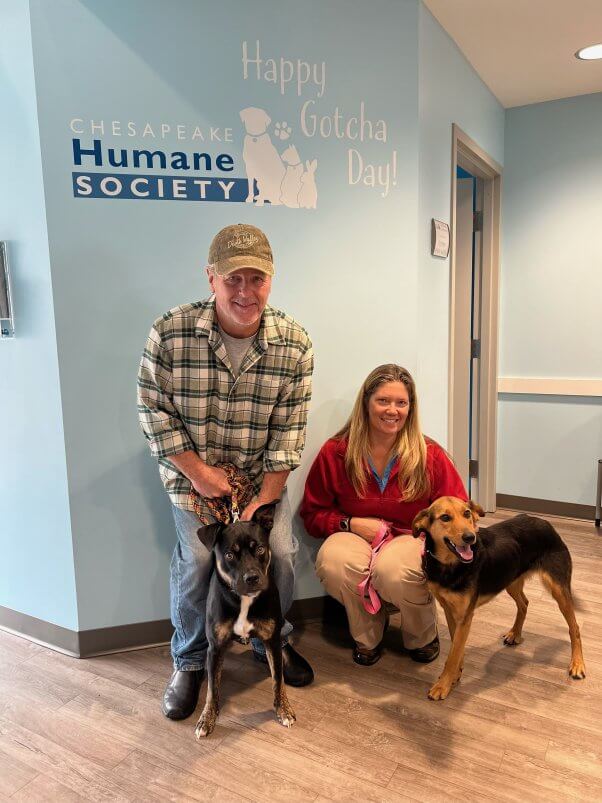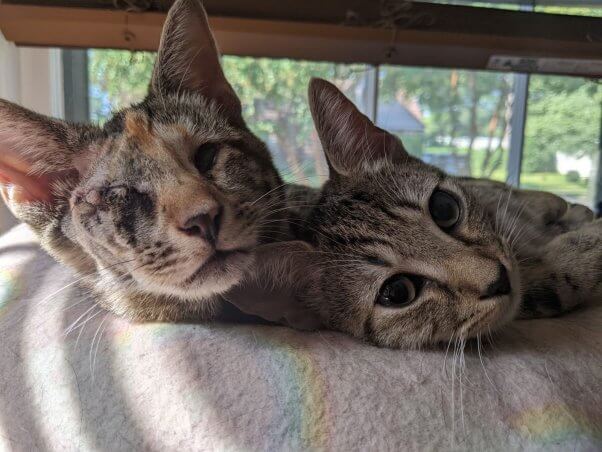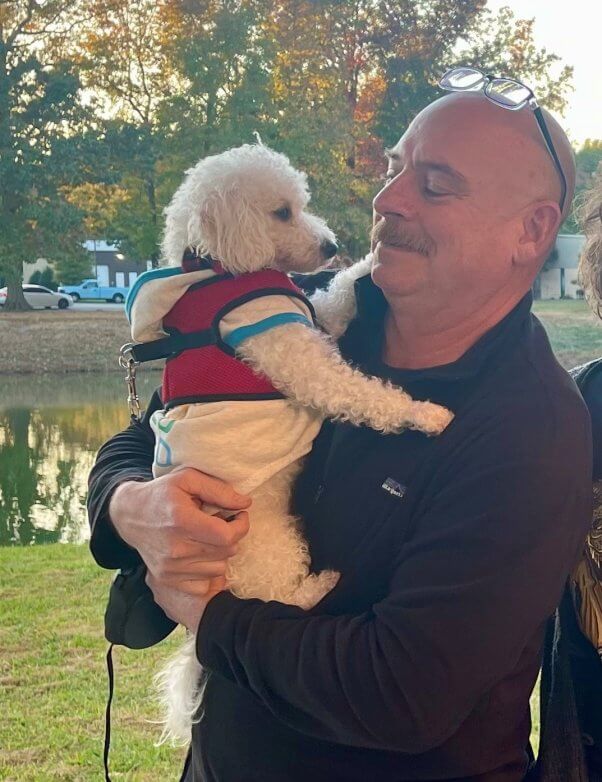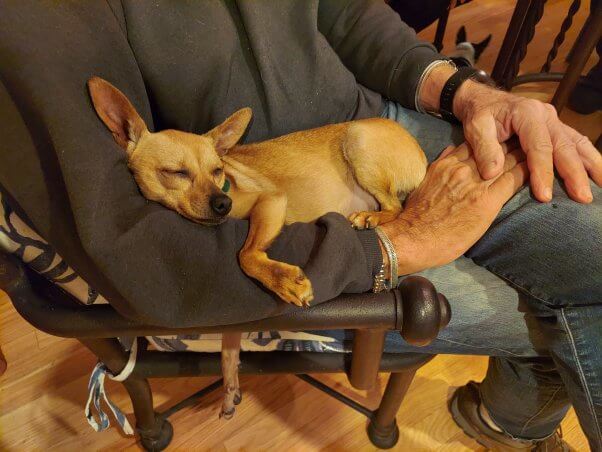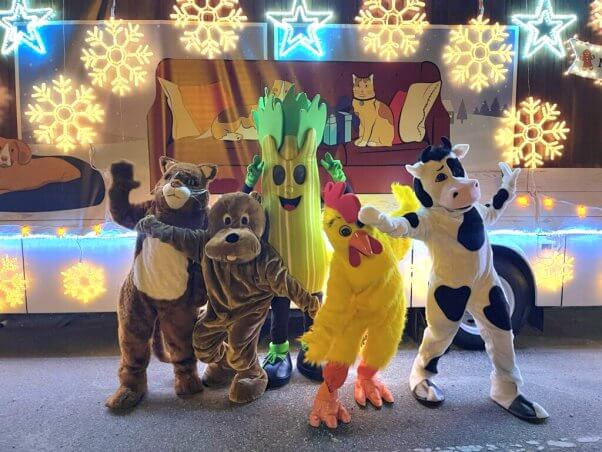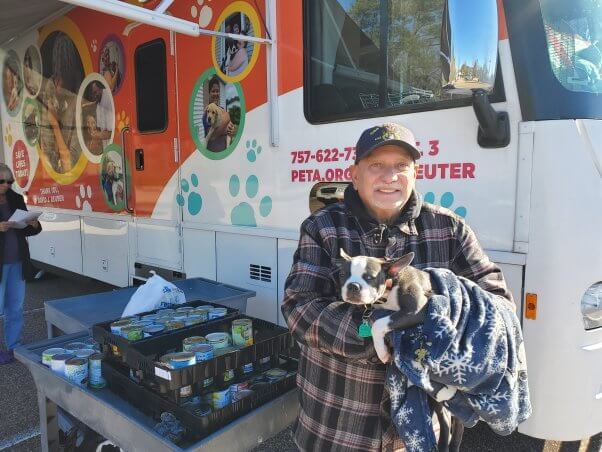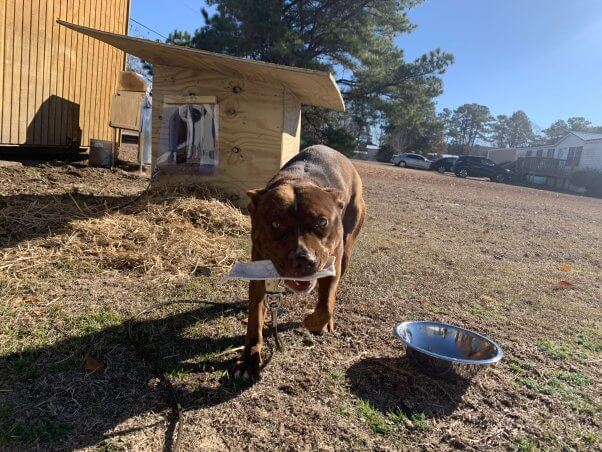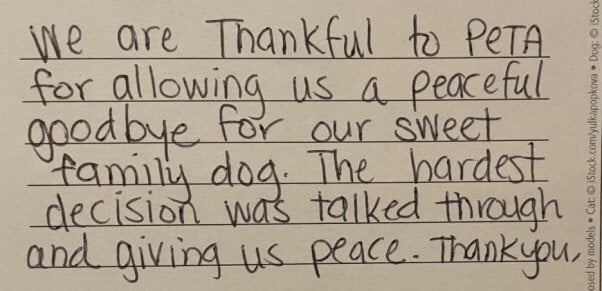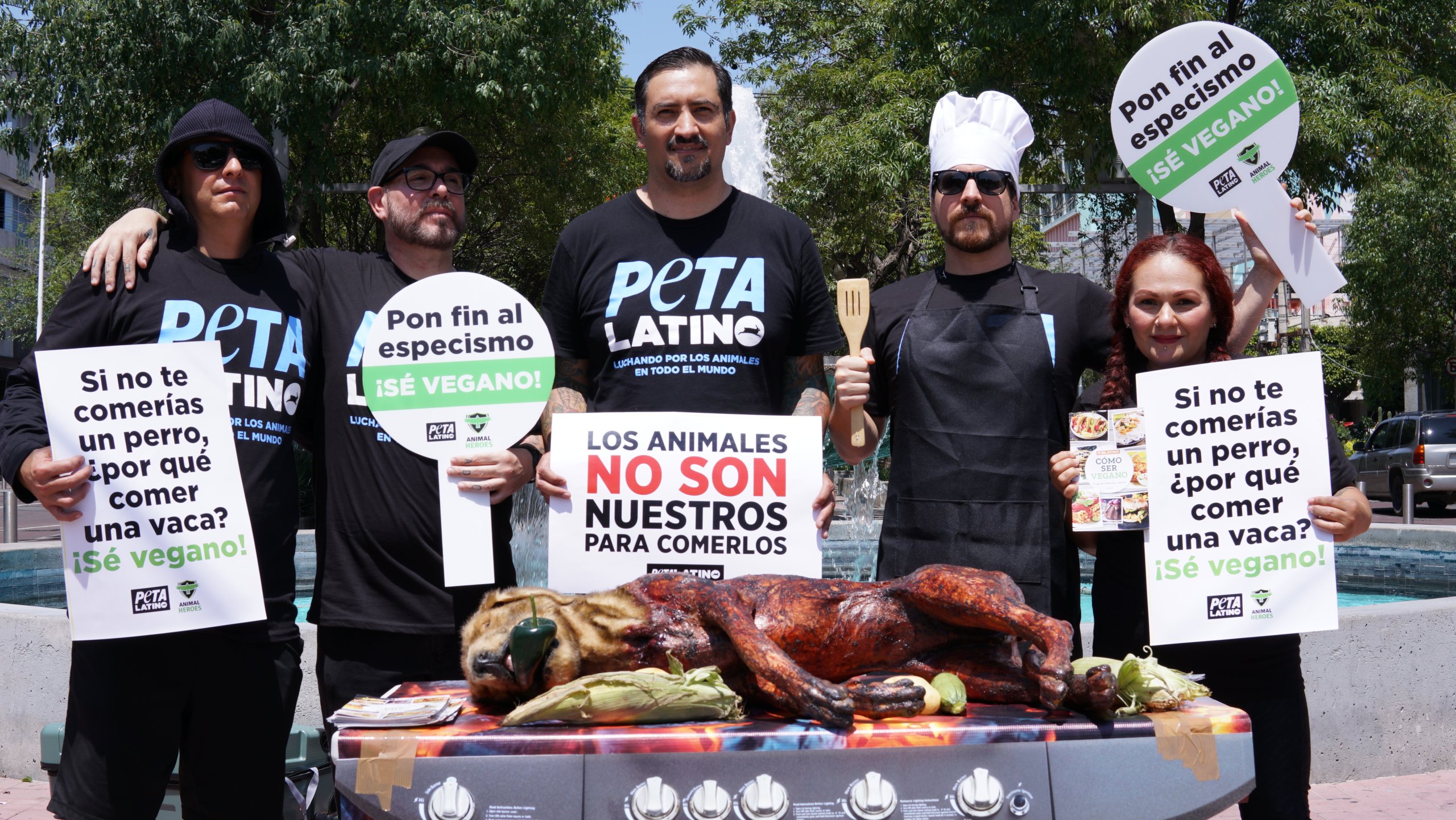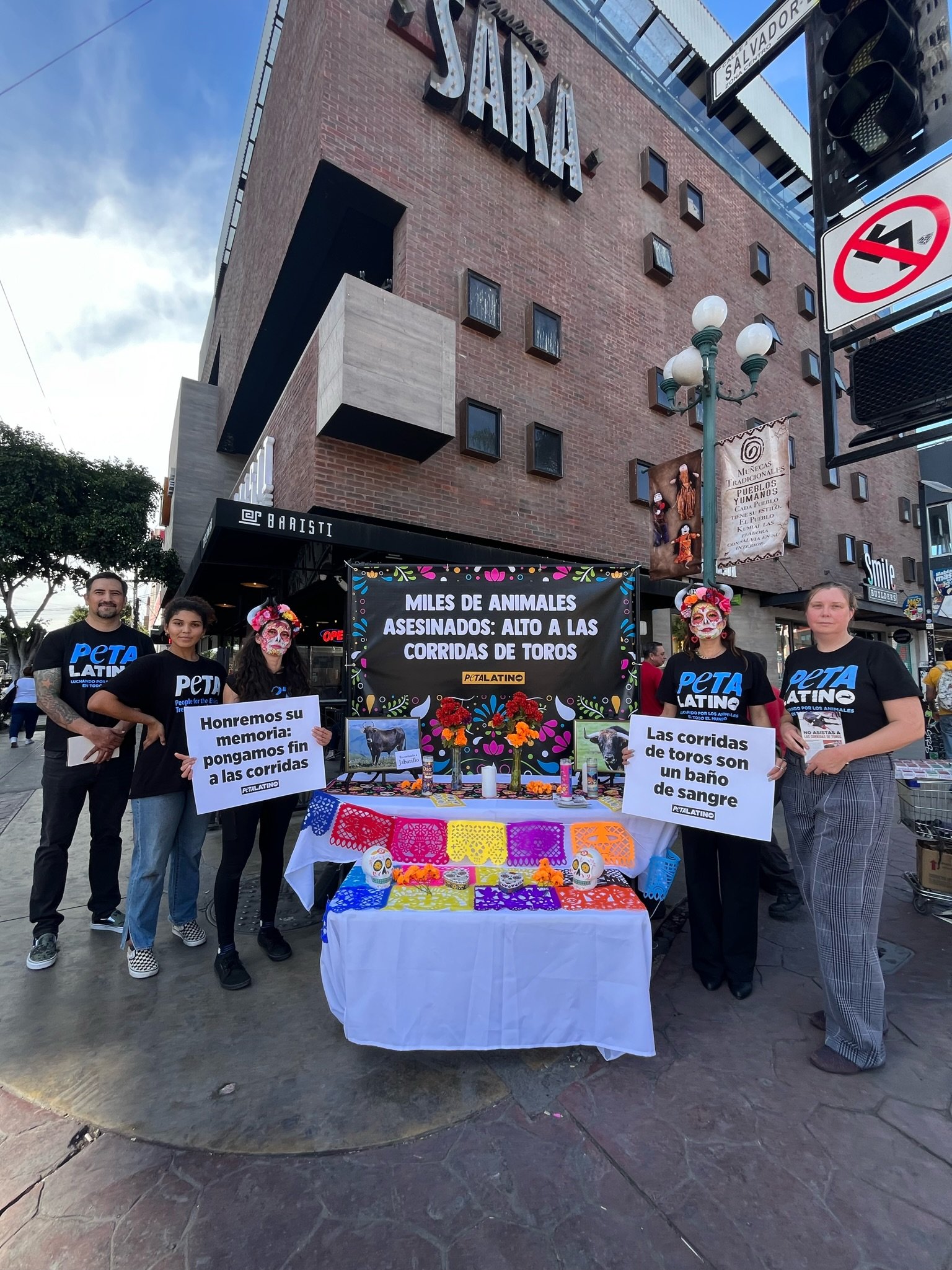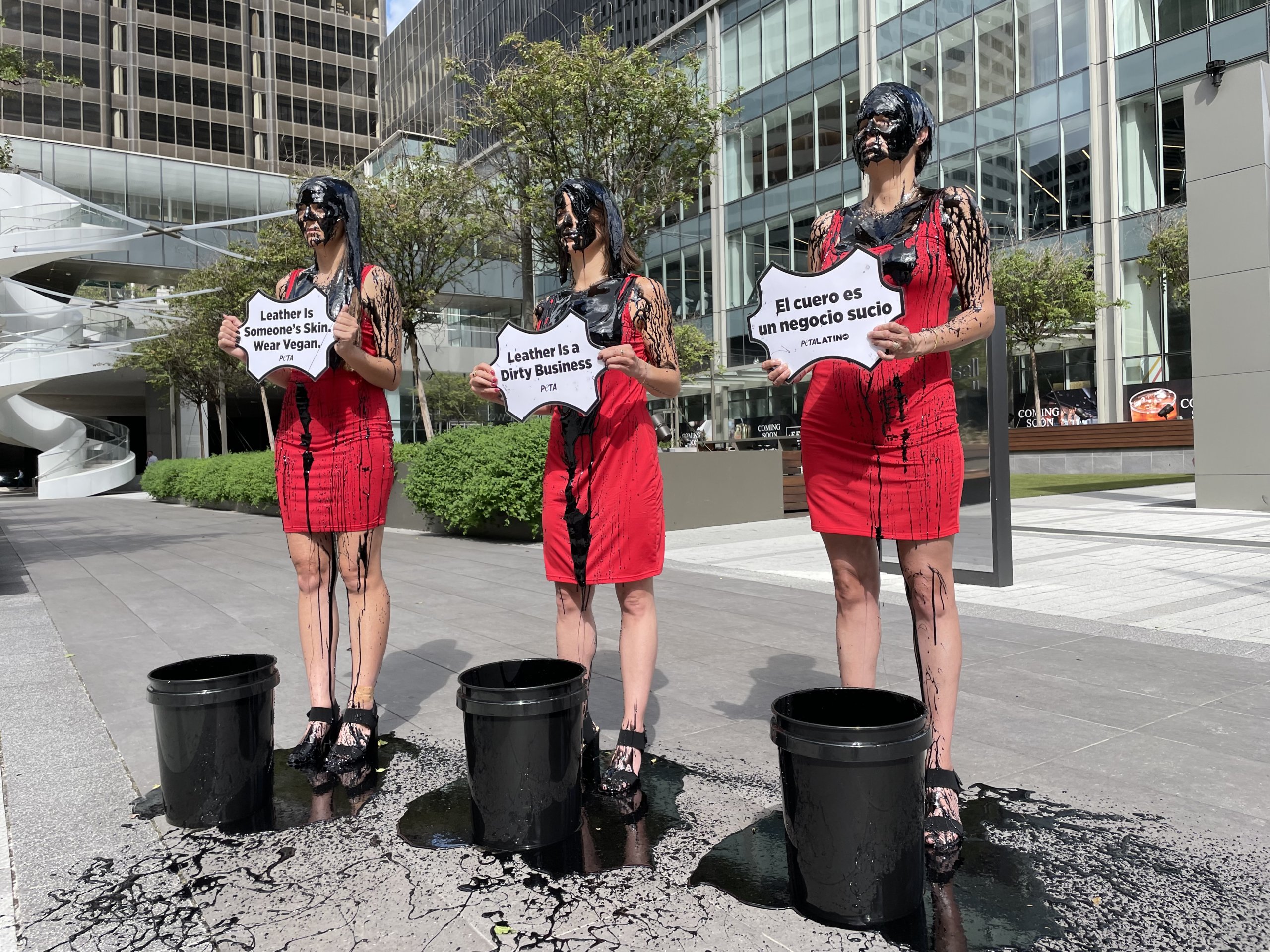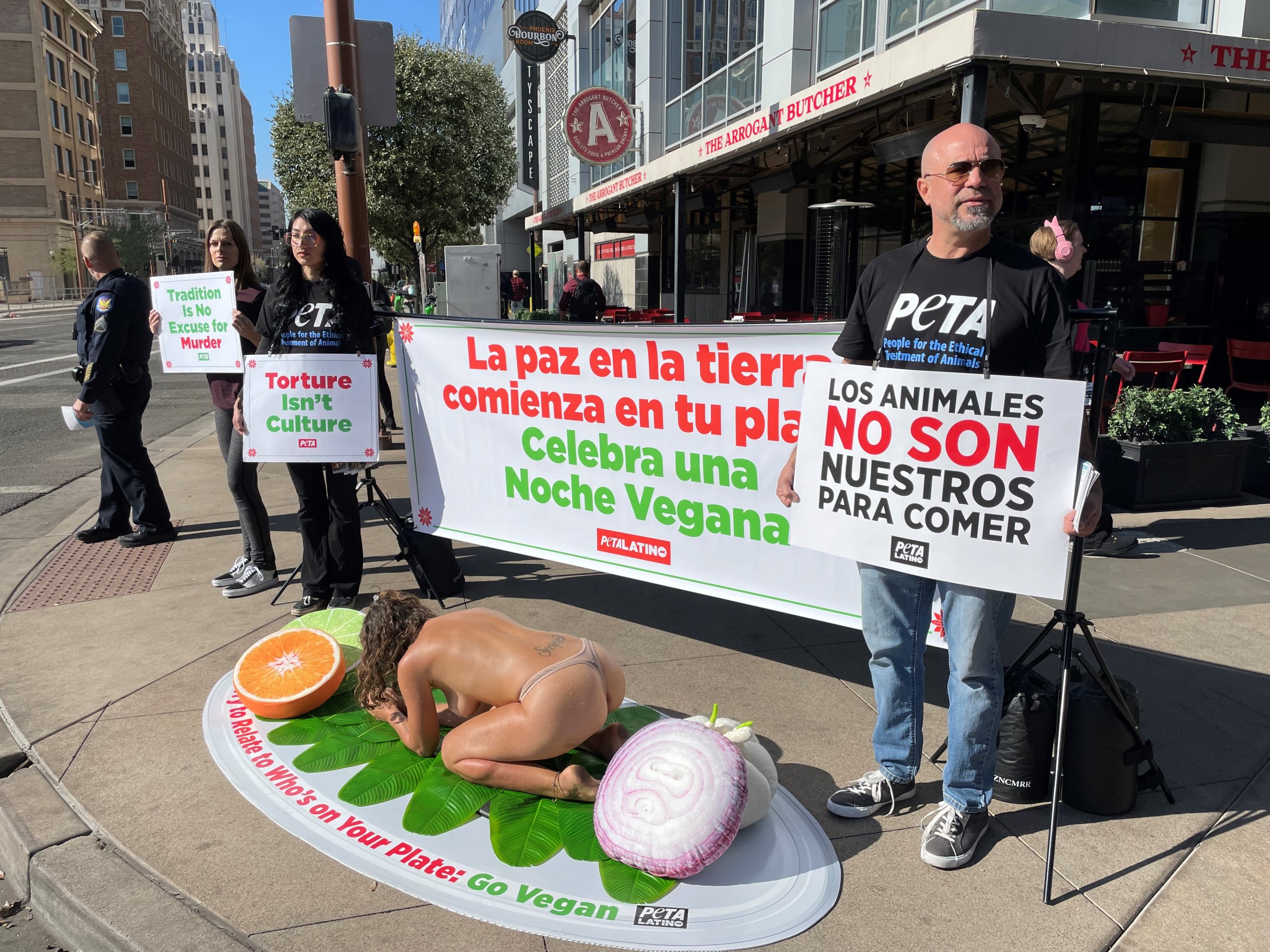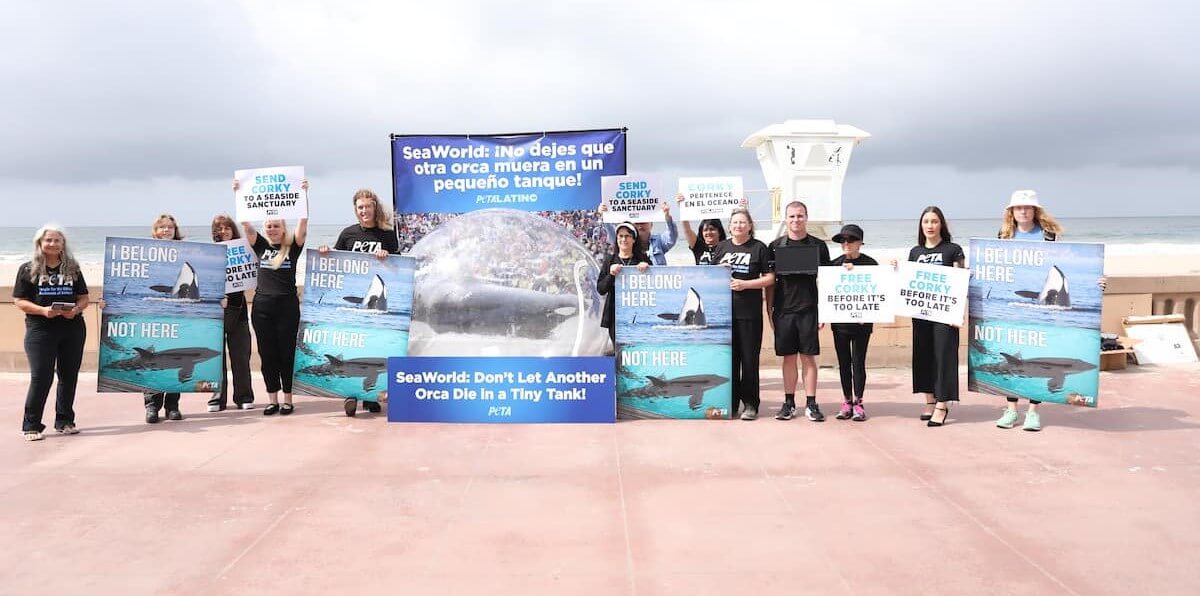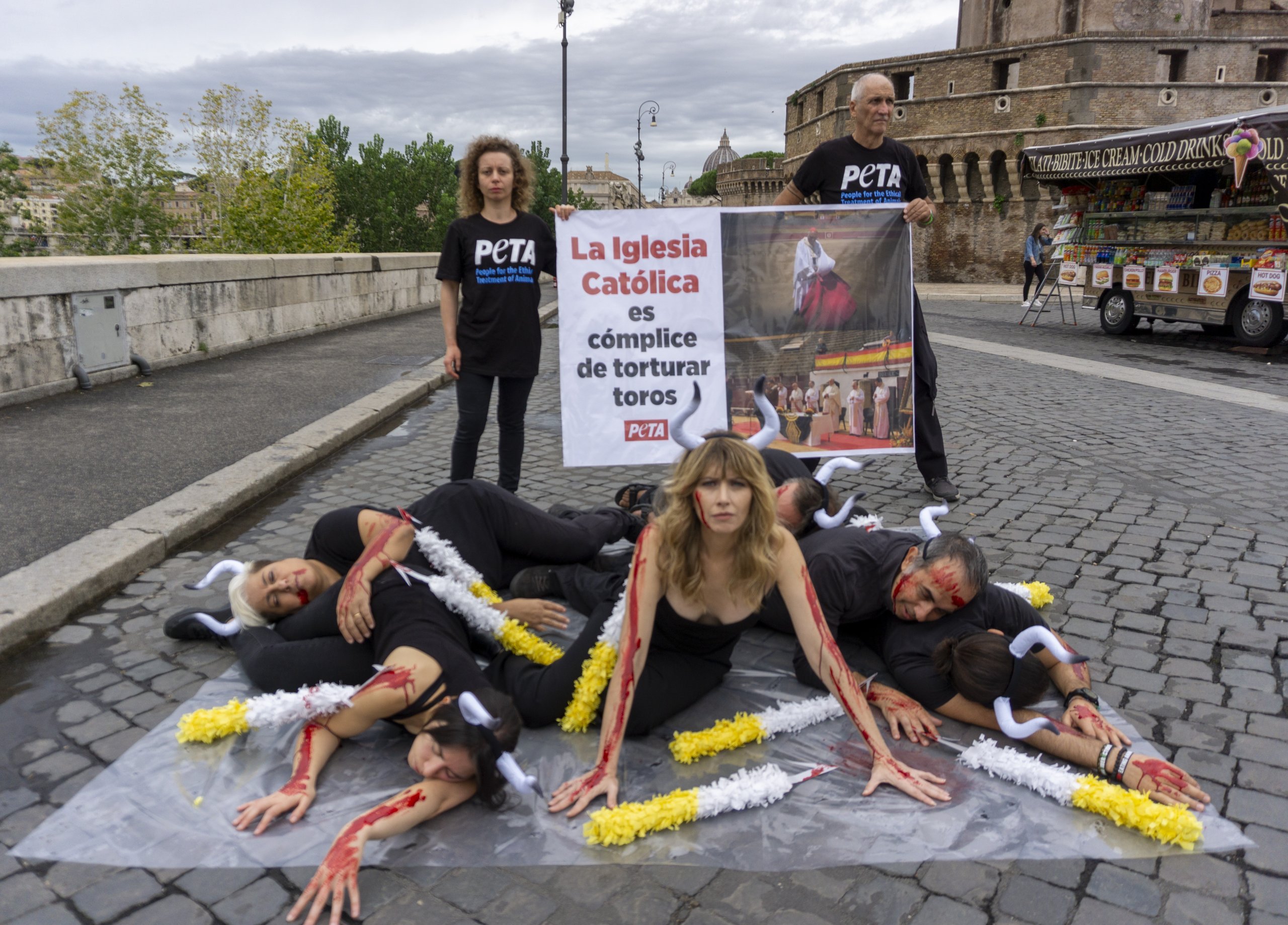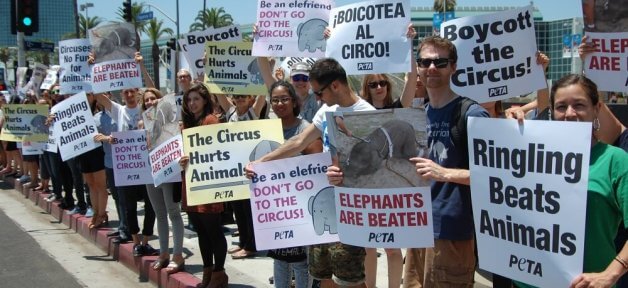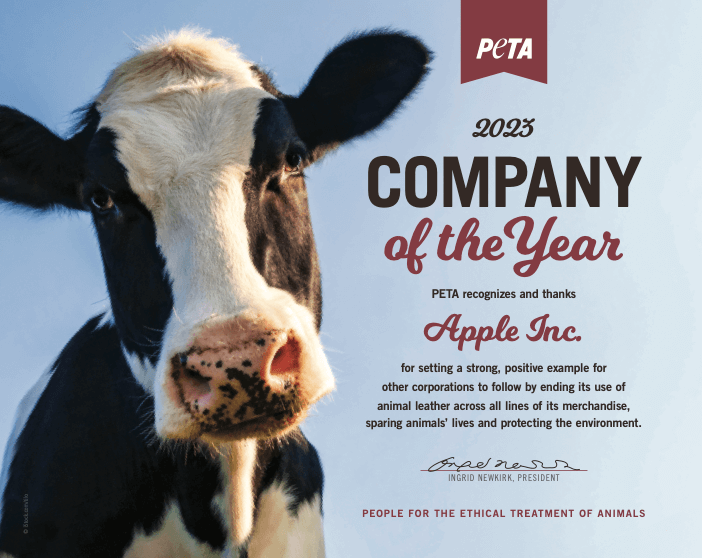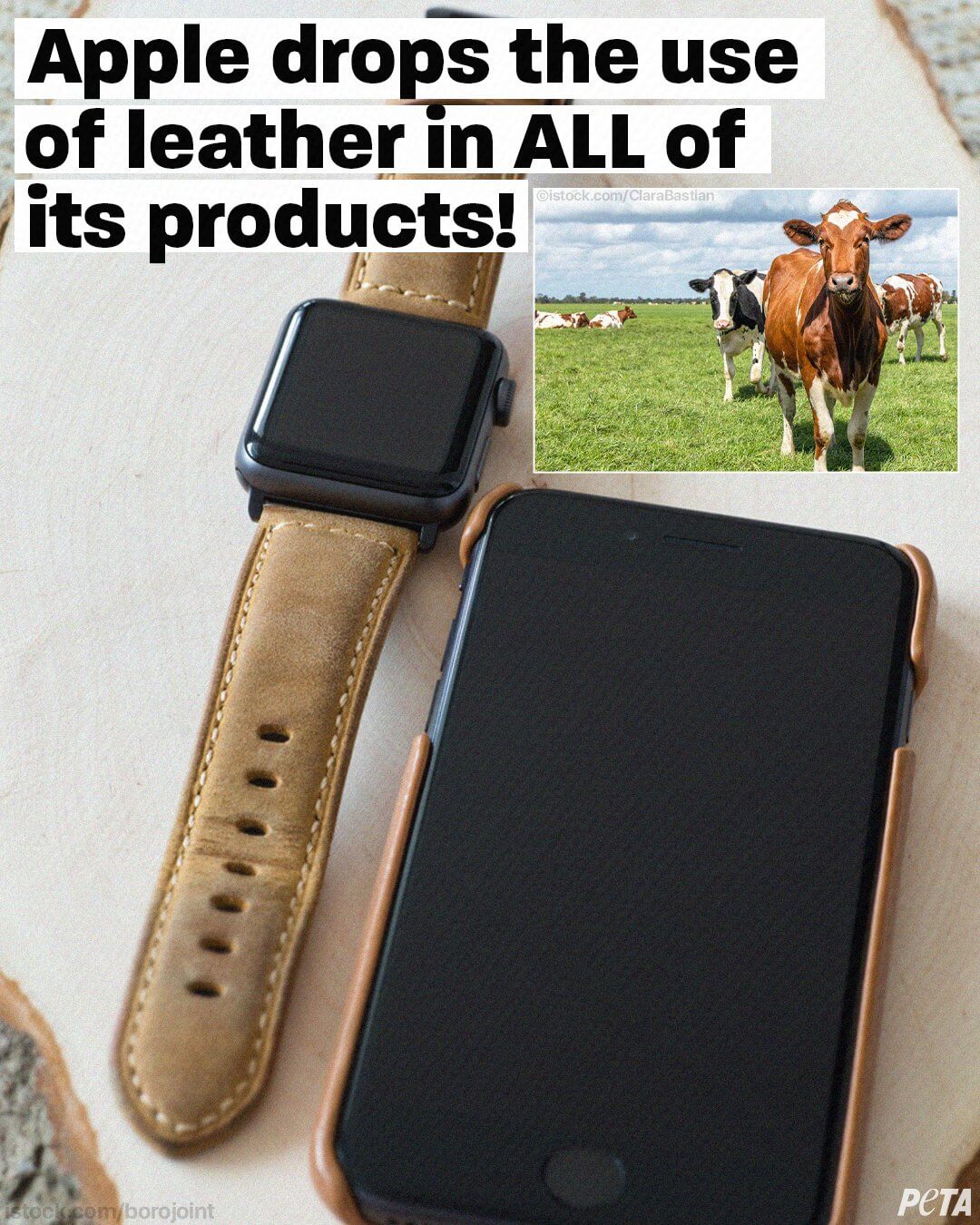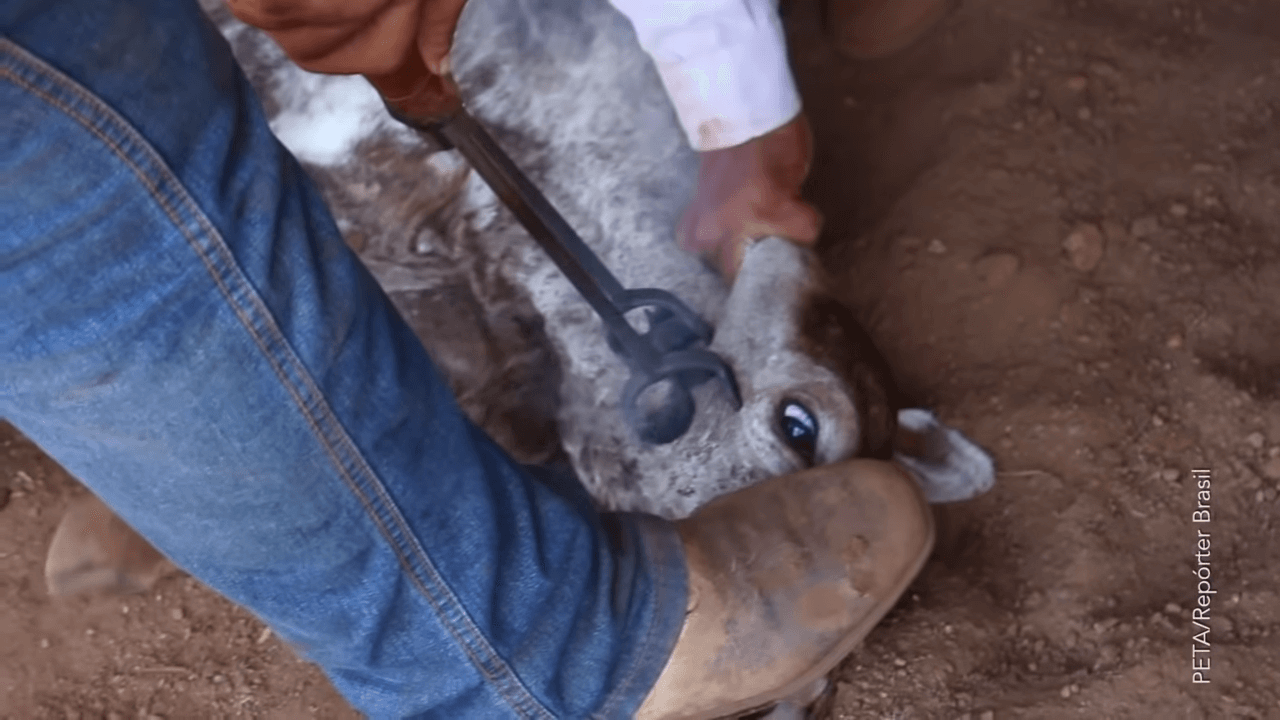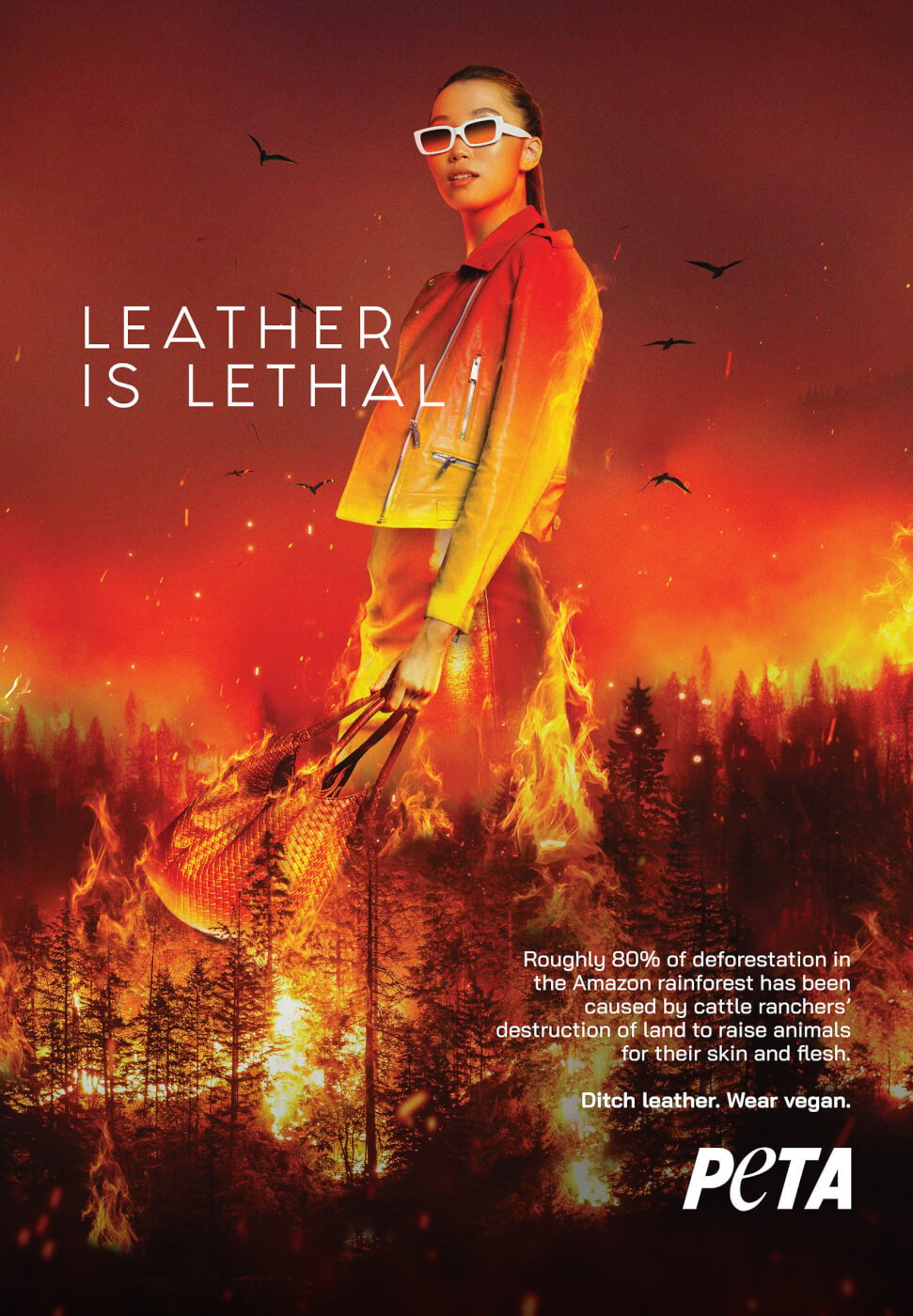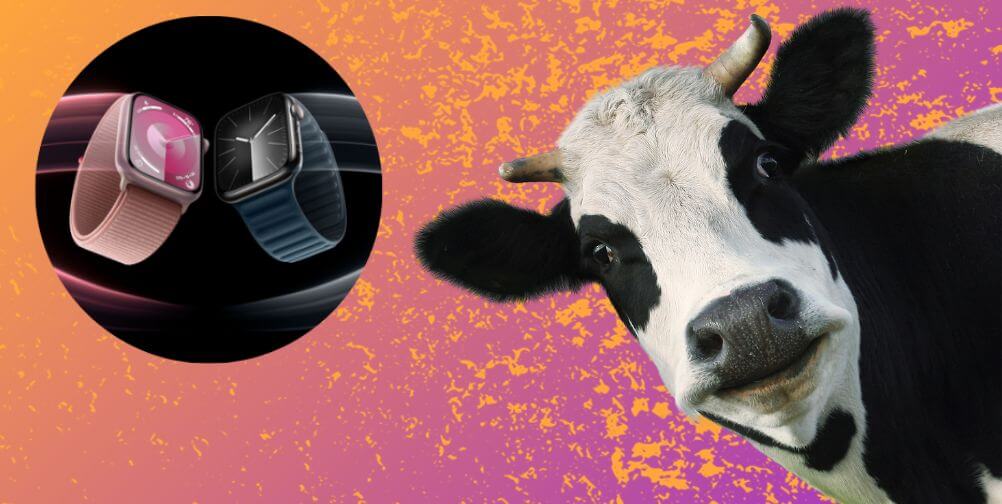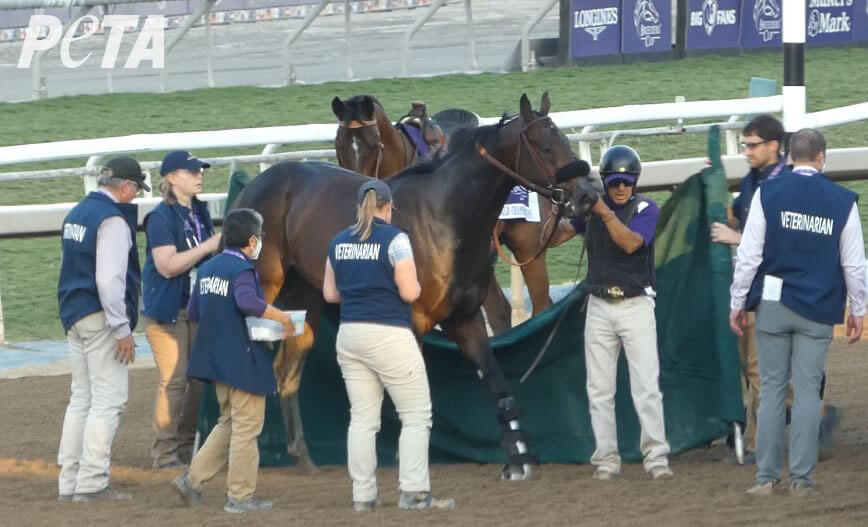“Eat a chicken and the penguin gets it!” Sounds like something straight out of a movie, right?
But this isn’t some corny Hollywood scenario—it’s a real-life hostage situation. Penguins in Antarctica are suffering and dying from a superspreader disease that Big Meat helped propagate in what scientists think could be one of the worst ecological disasters ever.
That’s why PETA is stepping in with an urgent public message:
PETA’s new billboard will confront residents across the U.S. with a critical connection: Eating chickens and their eggs is detrimental to the entire planet—and it’s high time to stop.
Farms Accelerated the Spread of a Deadly Disease—Now It’s Everywhere
Chicken farms create the perfect conditions for dangerous pathogens to flourish, and in the past three years, the H5N1 bird flu virus has done just that. Meat industry executives allowed it to rip through the continental U.S. starting in 2021 despite epidemiologists’ repeated alarms. But why are farms such hotbeds of pestilence?
Farms that house animals are disease incubators where animals are confined to filthy enclosures so cramped that they often can’t even turn around or lie down comfortably. Farmers keep hens exploited for their eggs in small cages, and they warehouse chickens killed for their flesh wing-to-wing in massive sheds. Even farms with “cage-free” or other humane-washed certifications subject these sensitive birds to unsanitary, miserable conditions.
Animals kept captive on farms are in almost constant contact with pathogens through feces, infected air, blood, you name it. And although farmers claim to “manage disease” (including by killing millions of flu-infected birds within the past year), all they care about are their profit margins.
How Bad Is Bird Flu?
The H5N1 bird flu is a nightmare. One deadly and highly pathogenic form of it causes multisystem organ failure and can kill upward of 90% of the chickens it infects within 48 hours.
Not only does the virus that causes bird flu spread quickly among chickens and other birds, it can also infect mammals. Bird flu has killed around 500,000 seabirds and 20,000 sea lions in Chile and Peru since 2021, and in January 2024 it killed a polar bear in Alaska. Now that the virus is killing penguins in Antarctica, humanity’s next steps are critical in mitigating its growing death toll.
Human Greed Is Costing Birds Their Lives—and We’re Next
In humans, bird flu causes severe pneumonia soon followed by death and has killed about 50% of those it has infected. Fortunately, the virus that causes it doesn’t transmit easily between us—yet.
Human health is still reeling from the effects of the COVID-19 pandemic, many of which we don’t fully understand, and a similar event is the last thing we need. With bird flu raging around the world and more viral mutations of concern cropping up, we need to take drastic measures to prevent another pandemic.
What Can You Do to Avoid Bird Flu?
Since crowded farms and filthy slaughterhouses are instrumental to the transmission and mutation of the bird flu virus, our best bet at curbing its spread is to stop eating eggs and chicken flesh. Replacing them with animal-free alternatives is the only way to be safe.
If you’re nervous about making the switch, we have your back! Our FREE vegan starter kit has everything you’ll need, from recipes and tips on eating out to health information, and can guide you toward a healthier, happier, and longer life—one that doesn’t support the cruelty, climate destruction, and disease risks of raising and eating animals:
The post ‘Eat a Chicken and the Penguin Gets It,’ Proclaims New PETA Billboard appeared first on PETA.

